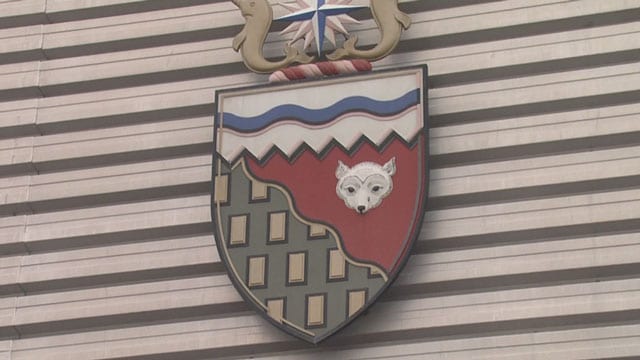
On March 11, the World Health Oganization declared the COVID-19 outbreak a pandemic. APTN News is reporting from across the country on the viral outbreak and how it is impacting Indigenous communities. For more information click here: COVID-19
The Northwest Territories has its first positive case of the COVID-19 virus officials said Saturday.
Information about the person who tested positive was not divulged.
According to officials 299 tests have been conducted on people in the NWT with flu like symptoms and have travelled outside the territory in the last 14 days.
The territorial government also announced that it’s banning non-essential travel into the NWT with exceptions to police, health officials, flights crews and social service workers according to a release from the government.
People heading to the NWT for medical reasons will also be exempt from the ban.
Read the release here: NWT travel restrictions and self-protocol
Dr. Kami Kandola, chief public health officer for the NWT made the order under the territory’s Public Health Act.
Residents returning to the territory will be required to self-isolate in Yellowknife, Fort Smith, Hay River, or Inuvik.
According to officials, disobeying the order is punishable by a fine of up to $10,000 and six months in jail.
The NWT is the first territory to have a COVID-19 case.
On Friday, Nunavut suspended gatherings at churches and announced that government workers will fulfill their duties from home.
Bars will close; restaurants will be limited to take-out only, with no more than 10 people in a line. Taxis are limited to one pick-up per fare – Nunavut cabs could previously pick up more than one customer at a time.
People arriving from outside of Nunavut are being told to self-isolate for a “mandatory” 14 days upon arrival, and non-essential visitors are not welcome.
There are now 1,048 positive cases of COVID-19 cases across the country with 33 probable cases and 13 deaths as of this posting according to Health Canada.
A third person has died in Ontario because of COVID-19.
The man in his 70s had been in close contact with another man who was the province’s first COVID-19 related death on March 11.
Officials are continuing to urge the public to self-isolate and keep a social distance when around other people.
British Columbia’s provincial health officer says there are 74 new cases of COVID-19 in the province, bringing the total to 424.
Twenty-seven people are in hospital, 12 of whom are in intensive care. Six people have recovered.
Nova Scotia has six new presumptive cases of COVID-19, bringing the provincial total to 21.
All are travel-related.
The 21 individuals affected range in age from late-teens to mid-70’s.
Dentists can no longer practise in the province unless it’s an emergency.
Newfoundland and Labrador has two new presumptive cases of COVID-19.
One case is woman who returned from international travel and the other is women who returned from a cruise.
That brings the provincial total to six cases.
Health Minister John Haggie says he heard from cabbies that Friday night was as busy as any Friday night, but instead of people going to bars, people were going to house parties.
He stressed that people need to practise social distancing.
New Brunswick has six new presumptive cases of COVID-19.
Four of the people had been on a cruise ship, while the other two were close contacts to travel-related cases.
There are now seven confirmed cases and 10 presumptive cases in New Brunswick for a total of 17.
Quebec Premier Francois Legault says there are now 181 confirmed cases of COVID-19 in the province, up from 139 yesterday.
Legault also announced four new deaths, meaning there’s a total of five deaths in the province.
Legault says the four new deaths all came from the same senior residence.
The premier says the jump in cases was to be expected, as the province has increased its testing capacity.
New screening measures are in place at all entry points to P.E.I. including the Confederation Bridge, ferries and airport, but the province is not closing its boundaries.
The screening includes asking questions and providing information on self-isolating.
Prime Minister Justin Trudeau says lock downs in other countries and air-space restrictions due to COVID-19 mean Canada won’t be able to get every citizen home who is trapped abroad.
Trudeau is urging Canadians currently stuck in foreign countries to make safe decisions, stay in touch with Global Affairs and not head to airports unless they have a confirmed seat on a flight back.
Trudeau says the federal government is working with airlines to arrange flights to countries where Canadians are.
Trudeau says the government will help cover some of the costs for these flights, but passengers will be expected to pay a reasonable price.
With files from The Canadian Press









